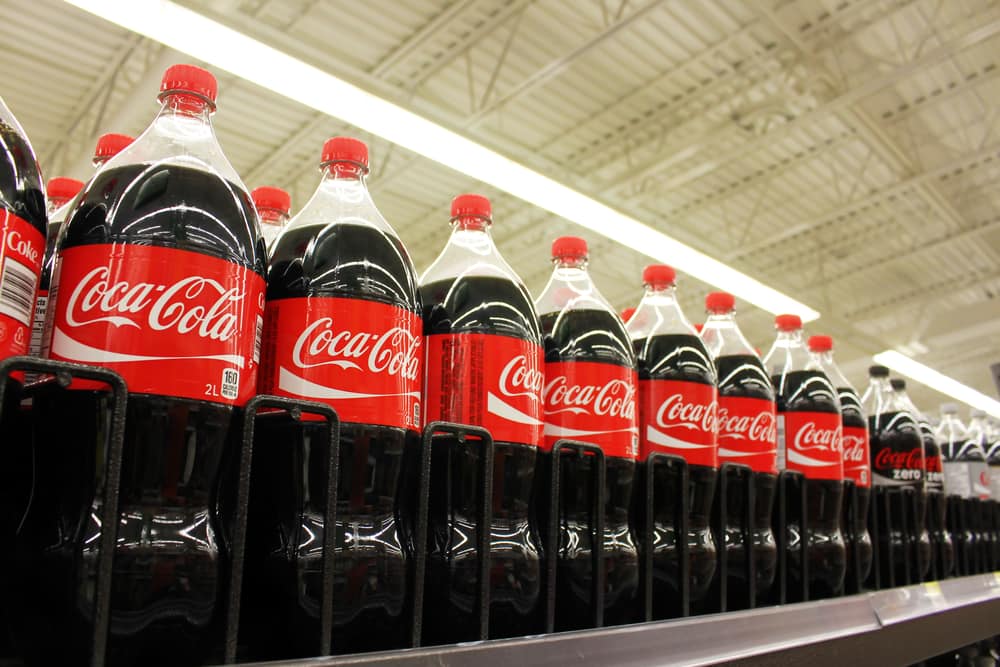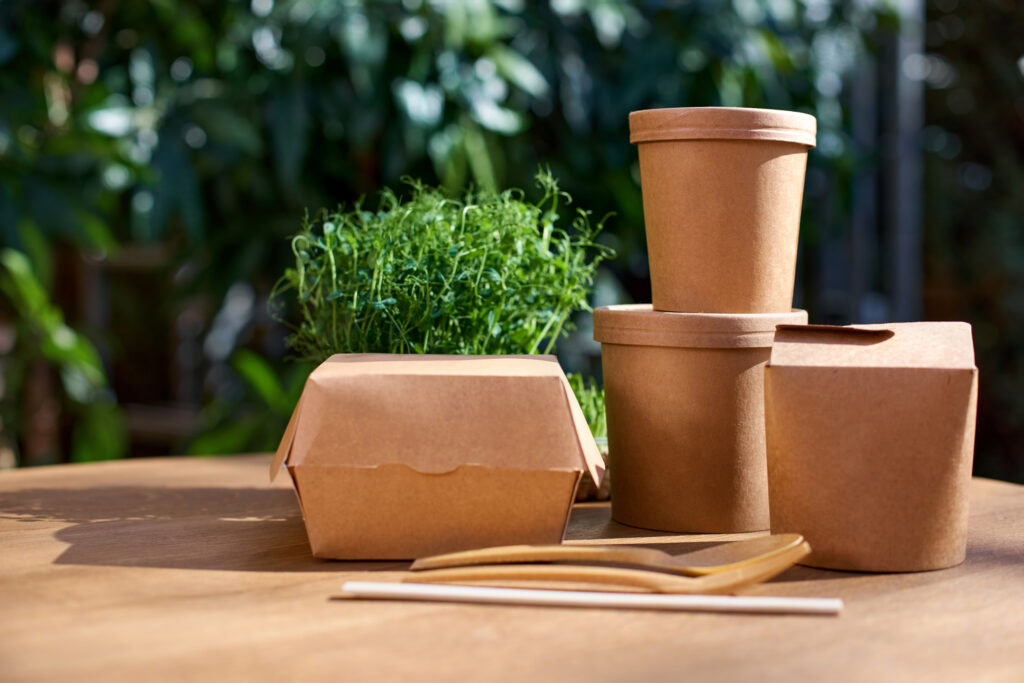The pledge is among those made by Coca Cola Enterprises (CCE) in its Corporate Responsibility & Sustainability Report 2014/15, published this week (June 9).

According to the report, around 34% of the PET purchased by the firm in the UK and overseas in 2014 was rPET.
One of the major suppliers of recycled PET content to CCE is Lincolnshire-based ECO Plastics, with whom CCE formed the joint venture ‘Continuum Recycling’ in 2011. CCE invested around £5 million in a state of the art recycling facility built to fulfil much of CCE’s rPET demand.
ECO Plastics was placed into administration in December 2014, having amassed debts of more than £14 million, which led CCE to end the joint venture. The company has instead committed to a ‘long term supply agreement’ to purchase rPET from ECO Plastics (see letsrecycle.com story).
‘Renewable plastic’
CCE has also begun investigating the use of ‘renewable sources of PET’ in its packaging, having used ‘PlantBottle’ packaging derived from sugarcane and molasses. The material has been trialled in the UK, with 27.8% of the PET bottles used for CCE’s SmartWater brand using PlantBottle plastic.
The company has now pledged to ensure that 40% of the PET used to package its products uses either rPET or renewable materials in its packaging – however, the report does not specify if this commitment will be met by using more rPET or introducing more plant-based plastics across its lines.
According to CCE: “It takes about 60% less energy to produce recycled PET (rPET) than virgin plastics, making rPET the second greatest opportunity to reduce our packaging carbon emissions.”
On the opportunities for ‘renewable packaging’, the report adds: “Over the past few years we have begun to look for new, renewable sources of PET plastic. In 2009 we introduced PlantBottle, in which we have been able to replace one of the key molecules in PET with a chemically identical material derived from sugar cane and molasses. The resulting material looks, functions and recycles like traditional PET but has a lower carbon footprint. Work is now ongoing with partners to create the other key molecular component of PlantBottle from renewable materials.”
CCE has also acknowledged that more needs to be done to educate consumers to improve recycling – including working alongside governments to improve national collection rates.
The report adds: “We aim to play our part in ensuring that consumers know how and where our packages can be recycled, and support the reprocessing infrastructure so that the bottles collected can be turned into new bottles. Working together, we can improve this cycle in order to ensure a consistent, high quality supply of materials for our packaging, and reach our target of 40% recycled and/or renewable PET by 2020.”









Subscribe for free